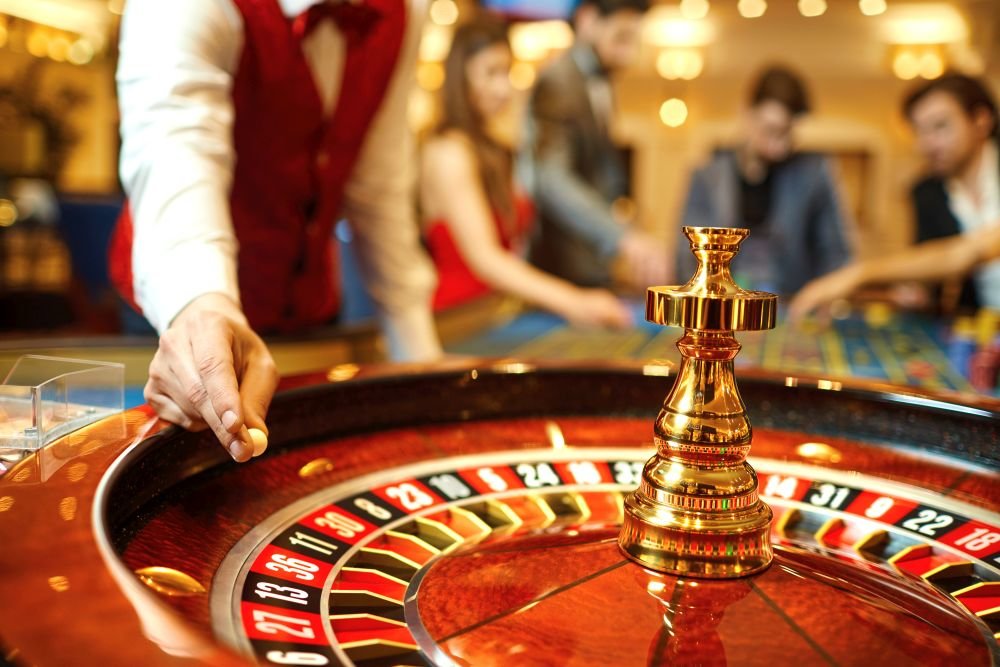
Betting has been an important part of human entertainment for thousands of years, transforming through cultures and eras to become the vibrant casino games we know today. From the historical Chinese and Romans, who participated in various forms of gambling and chance, to the modern gaming floors of today’s casinos, the attraction of risk and winning has captivated individuals across the globe. The shift from basic dice games and rudimentary betting setups to the opulent settings of modern casinos reflects considerable strides in both cultural standards and technological advancements.
As cultures evolved, so too did the complexity of gambling activities, with gambling activities emerging as a distinct category of entertainment and excitement. These activities have changed from casual gatherings centered around traditional tables to sprawling, lavish establishments designed to lure players. Today, we explore this intriguing journey, examining how historical practices laid the groundwork for the diverse and thrilling casino games that bring pleasure to millions worldwide.
spintax
Historical Betting Practices
Betting has profound roots in human history, with indications of activities of chance tracing back to ancient civilizations. Archaeologists have discovered that as far back as 3000 BC, the people of China were using basic forms of betting with dice made from bones. Similarly, ancient Mesopotamians engaged in betting activities, often relying on the throwing of lots or dice to determine results. These early forms of betting served not only as recreation but also played important roles in social and cultural practices.
The Egyptians also participated in betting activities, with games that included betting on the outcomes of various events, including sports and spiritual festivals. Items such as dice and depictions of gamblers from ancient tombs demonstrate that gambling was a popular pastime. It provided both leisure and a means of engaging in social connections, often linked to joyful occasions or significant gatherings. This behavior revealed the universal appeal of chance and rivalry throughout history.
In ancient Rome, betting became a widespread practice among the people, as reflected by references in literature and the establishment of rules around certain activities. Romans enjoyed a variety of betting activities, from betting on chariot races to playing games similar to modern-day board games. The legal framework surrounding these activities began to take shape, establishing the foundations for gambling regulations that would grow in the centuries to come. The fame of betting during this period set the stage for the development of gambling house games in the future.
The Progression of Casino Games
Gambling games have gone through significant transformations from their roots to the modern-day entertainment offerings. In historical civilizations, gaming was often connected to ceremonial practices, with dice games found in the ancient Mesopotamian region and betting on the outcomes of events in classical Rome. These early forms of gambling laid the foundation for the formal games we see today. The transition from informal gambling to systematic games occurred as societies began forming rules and venues for wagering, reflecting cultural values and practices.
The Middle Ages saw the development of card games, which gained popularity among the nobility of Europe nobility. Games like primero and baccarat became essential components in social gatherings. The development of printing technology further facilitated the spread of playing cards, making them more accessible to the masses. As gambling houses began to increase, these card games developed into adaptations that catered to wider audiences, eventually leading to the founding of casinos as specialized venues for gaming.
The 1900s marked a significant point in the progression of casino games, with the rise of commercial casinos in Vegas and other gaming hubs. This era saw the introduction of games like slot machines and modern adaptations of table games, complete with high-quality graphics and intricate betting structures. The advent of online casinos in the late 1990s also transformed the gaming industry, allowing players to access a wide range of casino games from the comfort of their homes. casino non AAMS Today, gambling games go on to evolve, blending classic elements with state-of-the-art technology to create captivating experiences for players globally.
Modern Gambling Laws
In these years, the environment of gambling regulations has developed substantially, particularly as tech advances and online gambling have become increasingly prevalent. Authorities around the planet have enacted numerous regulations and standards to ensure that gaming activities are conducted fairly, with responsibility, and clearly. These regulations often encompass factors such as licensing, advertising, player protection, and sensible gambling measures. Authorities aim to reduce problems such as problem gambling and cheating while fostering a equitable gaming environment.
The rise of internet casinos has required a fresh approach to regulation. Many legal areas have created dedicated internet-based gambling structures that cater to internet-based gambling, allowing operators to offer their offerings legally. These frameworks often demand operators to get licenses, follow strict safety standards, and offer assistance options to assist players. By vigilantly supervising internet activities, regulators can more effectively protect consumers from risks and ensure that gambling is carried out in a secure manner.
Additionally, contemporary gambling laws are increasingly centering around sensible gambling initiatives. Many casinos and internet-based platforms now adopt features such as self-exclusion, deposit limits, and breaks to help players manage their gambling habits. Awareness campaigns aimed at educating about the dangers of gaming are also common. As the sector continues to grow, the emphasis on responsible gaming continues to be a fundamental principle of regulatory efforts, reflecting a commitment to encouraging a secure and enjoyable gaming experience for all players.